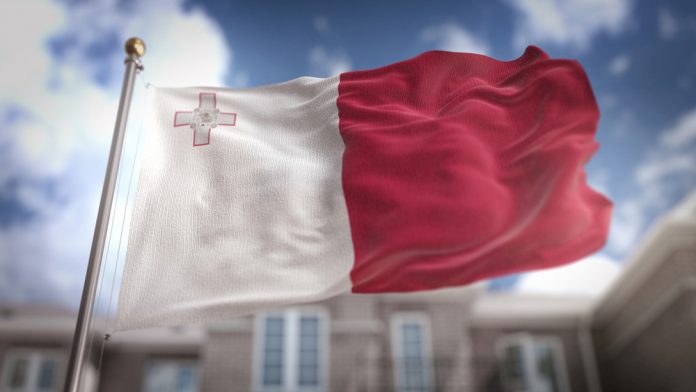A new Nomad Residency Permit aimed at attracting ‘non-EU’ remote workers has been announced by Alex Muscat, parliamentary secretary for citizenship for Malta, which is said to aid in maintaining Malta’s workforce talent resources.
The new permit, which was revealed in collaboration with CEO of Residency Malta Agency, Charles Mizzi, and CEO of Identity Malta Agency, Anton Sevasta, will enable remote employees to work and consume in Malta but pay taxes in different jurisdictions.
“This initiative will see Malta jump on the bandwagon of increased demand for remote working globally, as the pandemic shifted goalposts and new trends are being set,” noted Muscat.
“Individuals who can work remotely using technology and entrepreneurs with a flair for travelling and discovering new countries and cultures are being made welcome in Malta.”
Additionally, Muscat highlighted that the Maltese government does not intend to limit the application of the permit to any particular sector, emphasising that remote working has increased substantially due to the ongoing pandemic.
The Malta government is set to trial a non-EU remote worker programme which offers a six-month visa and an option of obtaining a one-year ‘Nomad Residence Permit’ at the cost of €300.
Commenting on the new residency visa scheme, Mizzi said: “If there are any lessons learnt from the pandemic is that people are willing to move more than ever before.
“Early to recognise the signs, Residency Malta has launched this new permit that allows digital nomads to come to Malta and work here, while enjoying all the perks that Malta offers foreigners. The process is simple and we promise an efficient service that discerning nomads expect.”
As one of Europe’s largest gaming markets – online gambling accounts for 12% of the island’s GDP, generating €700 million and employing 9,000 people – Malta is home to over 250 betting operators.
Notable international firms operating from the Mediterranean territory include Betsson, Tipico and Betfair, whilst William Hill has also opened a satellite office on the island.
Furthermore, LeoVegas operates its largest office in Malta, employing around 300 people both in the local jurisdiction and internationally in its founding country of Sweden, with CEO Johan Styren describing the country as an ideal operating environment.
Additionally, online sports betting and casino platform bet365 has also announced plans to relocate from Gibraltar to Malta after citing UK legislative concerns, bringing with it over 500 international employees.
As an added incentive to the betting and gaming industry, the Maltese government offers a 15% tax cap on salary payments to highly skilled recruits in the online sector.
Sevasta also remarked: “The new visa service to nomad applicants is part of the new Premium Visa Service which Identity Malta Agency will be launching in the coming weeks.
“The service is a door-to-door option intended for highly skilled professionals in order to streamline the process without compromising the due diligence process.”











